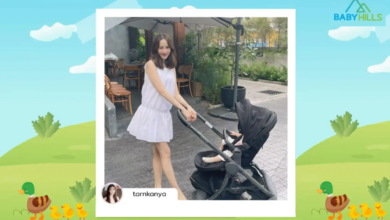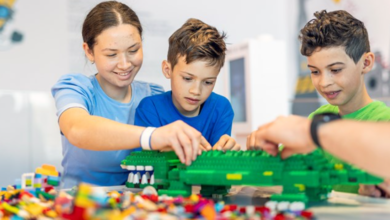Is Your Baby Still a Newborn? Signs to Watch For

The first few months of a baby’s life are filled with wonder, rapid growth, and lots of questions from new parents. One common curiosity is whether your baby is still considered a newborn. Understanding this important phase helps you better support your little one’s needs and celebrate each precious milestone. So, how long is the newborn stage exactly, and what signs show your baby is moving on? Let’s take a closer look.
What Defines the Newborn Stage?
The newborn stage typically spans from birth to around 2 months old. During this time, newborns are adapting to life outside the womb, learning to eat, sleep, and engage with the world in very basic ways. Their bodies and senses are still developing rapidly, and much of their day revolves around sleeping, feeding, and brief periods of alertness. Here are some distinct characteristics for newborns.
Increased Alertness and Longer Awake Periods
Newborns sleep a lot — up to 16-18 hours a day — and when they’re awake, it’s often only for brief periods. As they grow, you’ll notice your baby stays awake longer between naps. They become more curious about the world around them, making more eye contact and tracking movements with their eyes. If your baby seems increasingly interested in what’s happening around them, it’s a sure sign they’re moving beyond newborn status.
See also: Weight Loss Process: Guidance on Medicare and Lifestyle
Feeding Feels Constant
In the newborn period, babies feed frequently, often every two to three hours. Whether breastfeeding or bottle-feeding, it might feel like your baby is always hungry. As they exit the newborn stage, babies gradually begin eating larger amounts at once and can sometimes go longer stretches between feeds.
Emerging Social Smiles
One of the sweetest milestones is when your baby flashes a real smile — not just those random, sleepy grins, but a genuine social smile in response to your face or voice. This usually happens around 6 to 8 weeks of age. Smiling on purpose shows that your baby’s brain is developing and they’re starting to engage more with their environment.

More Controlled Movements
During the newborn phase, babies have a lot of involuntary movements, like jerky arm flails and the startle reflex. As they grow, you’ll notice your baby gaining better control over their body. They might grasp toys intentionally, bat at objects, or bring their hands to their mouth. This growing coordination is a hallmark of the transition out of the newborn phase.
Developing Sleep Patterns
While sleep during the newborn stage can feel chaotic, older infants often begin settling into more predictable patterns. They might start sleeping longer stretches at night and have more defined nap times during the day. Even if they’re not sleeping through the night yet (and many won’t for a while!), a more regular rhythm is a strong clue they’re moving past the newborn stage.
Growing Physical Strength
Newborns have very little muscle control — they rely on you to support their head and body. By 2 to 3 months, many babies develop better neck strength and can hold their head up for short periods during tummy time. They may also start pushing up on their arms or kicking their legs with more purpose. These small but important developments indicate physical progress beyond the newborn phase.
Conclusion
Recognizing when your baby is still a newborn—or when they are beginning to grow into an infant—helps you better support their development. The transition is subtle but incredibly exciting, as it marks your baby’s first real steps into engaging with the world around them. Whether your little one is still in the sleepy, reflex-driven newborn days or just starting to smile and reach, every stage is precious. Embrace each moment, and remember—your loving attention is the most important thing your baby needs at every step of the journey.




